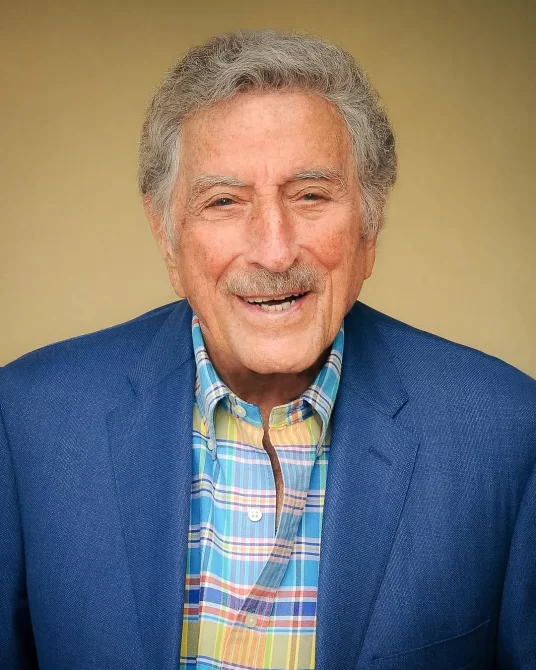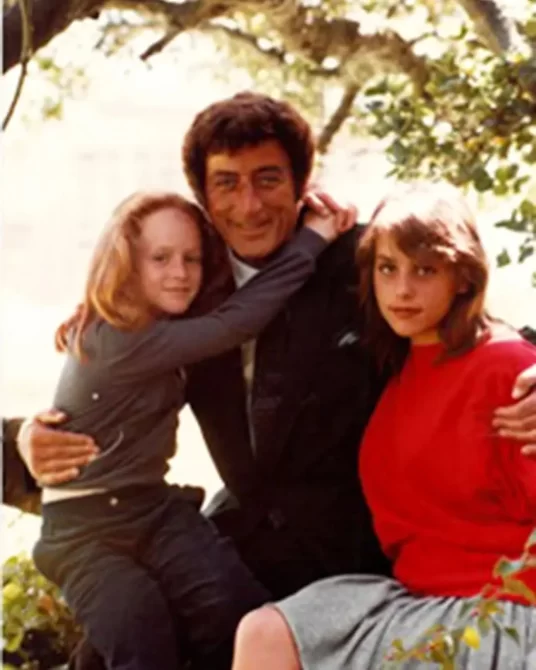
Tony Bennett, credited for hit songs such as “The Way You Look Tonight,” “Body and Soul,” and “I Left My Heart In San Francisco,” died on July 21, 2023, in his hometown, New York City, at the age of 96, following a successful eight-decade career. Although no official cause of death was listed, the musician had previously been diagnosed with Alzheimer’s disease in 2016.
However, almost two years after his demise, Bennett’s estate has become the subject of a legal controversy. His two daughters recently filed a lawsuit against their brother, alleging that he failed to act in the whole family’s interest while performing his role as the executor of their father’s estate.
Tony Bennett’s daughters, Antonia and Johanna, sue brother, Danny, over late dad’s estate

Antonia and Johanna Bennett initiated a legal battle against their brother, D’Andrea “Danny” Bennett, who served as their father’s manager before his death and now oversees the family trust in a New York court. In the suit, the sisters claimed that Danny exploited his position to exercise unchecked control over their dad both before and after his death, putting his financial gain ahead of the family’s interest.
They also noted that their brother preyed on Bennet’s declining health as a result of his Alzheimer’s to broker deals such as the sale of the multiple Grammy winner’s music catalog, along with his name, likeness, and image rights, to Iconoclast, a brand development firm, just before the singer’s death.

Tony Bennett’s daughters previously filed suit against their brother
This is not the first time the Bennet sisters have escalated their dispute over their late dad’s estate to the courtroom. Earlier in June, they sued their brother for mismanagement, thus demanding a full accounting of their father’s assets.

The previous lawsuit laid the foundation for the current one, which now focuses on allegations that Danny has violated his obligation as the head of the family trust. The lawsuit claims that Danny’s actions have compromised the integrity of the trust and the equitable sharing of their father’s fortune.
